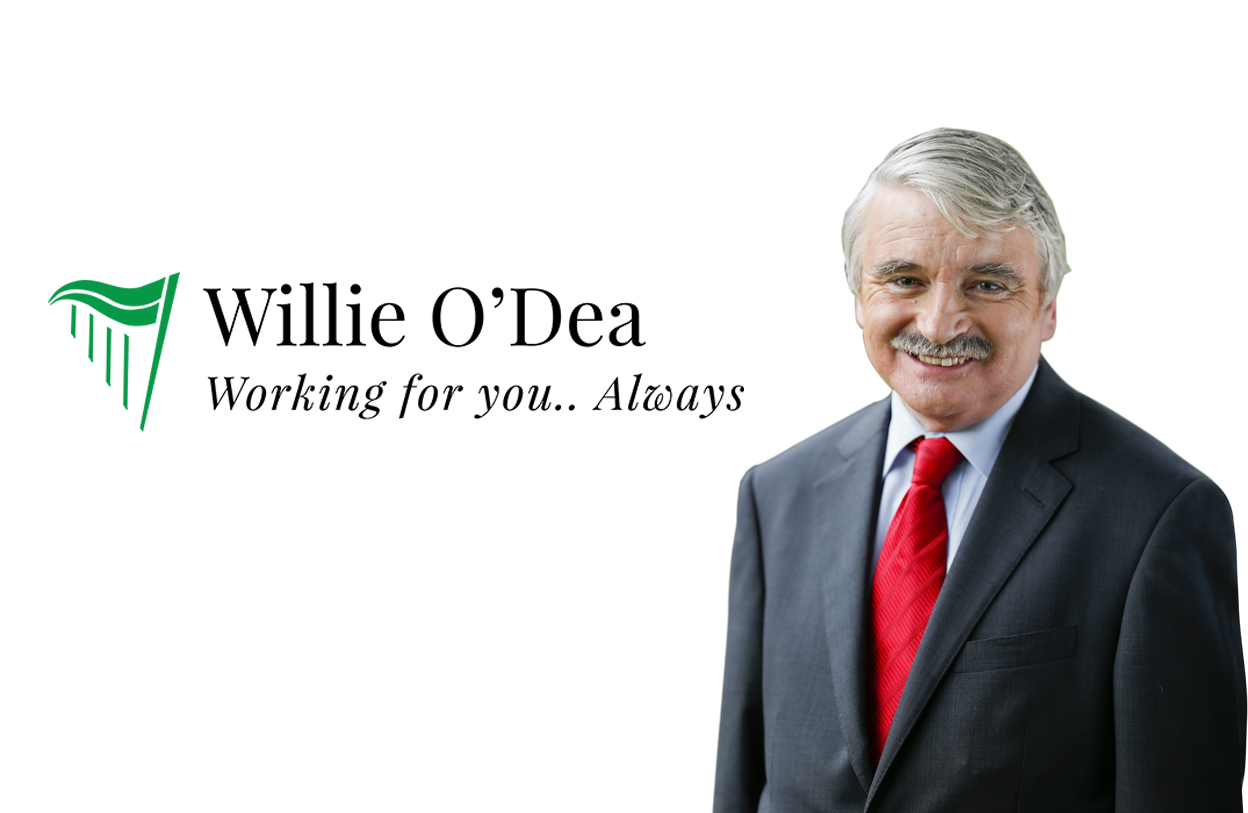 Next Tuesday Ireland assumes the rotating Presidency of the EU Council. Not only does this mean EU Ministerial meetings being hosted here both, it also means six months of unfettered spinning from the government’s handlers.
Next Tuesday Ireland assumes the rotating Presidency of the EU Council. Not only does this mean EU Ministerial meetings being hosted here both, it also means six months of unfettered spinning from the government’s handlers.
As we saw from the visits of the Queen and President Obama during this government’s first year in office, both the Taoiseach and Tánaiste are in their element when it comes to the pomp and ceremony of formal scripted events. The wheels start to come off the government bandwagon when it comes to the substantive, unscripted encounters.
We can expect to see the government’s media handlers use the six month presidency to try to re capture the upbeat and optimistic atmosphere of its first year. So be prepared for a constant stream of photos and videos of Enda and Eamon meeting and greeting foreign leaders and dignitaries,
Ireland’s Presidency comes at a critical time for both the government here at home and for the EU as a whole.
In the EU a range of decisions have been kicked down the road, with many of them, not least Fiscal and Economic Reform, The EU Budget and Banking Union now backed up into the Irish Presidency.
Here at home, the fundamental problems with the spending estimates and budgets for both the Departments of Social Welfare and Health have been merely glossed over.
Hardly anyone on even the government side believes the numbers produced by the Minister for Health, while the cynicism of the Minister for Social Protection announcing a €685million overrun in her Department on the morning of the Budget points to bigger problems looming in 2013.
One’s confidence is not emboldened by the spectacle of the country’s official Finance Ministers: Noonan and Howlin squabbling with the provisional Finance Ministers: Rabbitte and Gilmore.
While all of them have been talking a lot about getting various things through in the coming months their scope for movement is not great.
If any real progress is to made then Ministers will need to grasp the hard political reality that talking about what you would like to see happen is not the same as working to achieve that, especially when you accompany it with partisan politics.
Ireland’s justifiable claims to movement on our debt have been repeatedly hampered by the refusal of the government to put aside domestic politics. Only once in recent months has anyone in government made our case clearly and succinctly.
Ironically, that came from the Taoiseach. Speaking in Paris last October he said:
“Ireland was the first and only country which had a European position imposed upon it in the sense that there wasn’t the opportunity, if the government so wished, to do it their way by burning bondholders”.
He was right, so why has not repeated this line since? Perhaps, as Michéal Martin has suggested it was an accidental slip from his usually partisan script.
The Taoiseach verbal slip contrasts with the Tánaiste and Minister Rabbitte’s repeated assertions that they didn’t pay the Anglo Irish promissory note last March. They did. Not only that but they paid it with the costliest credit card.
The simple reality of this is confirmed by the facts that the national debt has continued to reflect the full value of the promissory notes and that the interest paid out of current funding has increased.
The other reality they will need to face is that their spinning is always trumped by Germany’s needs. Angela Merkel’s response to any proposal will be framed with an eye on the German Federal elections next September.
The German economy is showing signs of becoming sluggish at precisely the wrong time for the Chancellor and her CDU party. The European Commission recently slashed its projections for German GDP growth in 2013 by half down to just to +0.8%.
Another set of bad economic numbers from Germany and the all bets may well be off. Indeed the enormity of the task facing the Government may well increase exponentially within hours of taking it on if the US does not resolve its fiscal cliff stand off.
While much of what will happen during our Presidency is, understandably, outside the control of the Government, it should resist its inclination to shirk exercising control over the few bits that are.
This government has an opportunity, over the next six months, to see how to be a driver rather than a passenger, we will see over the following six months if it has learned from it.


